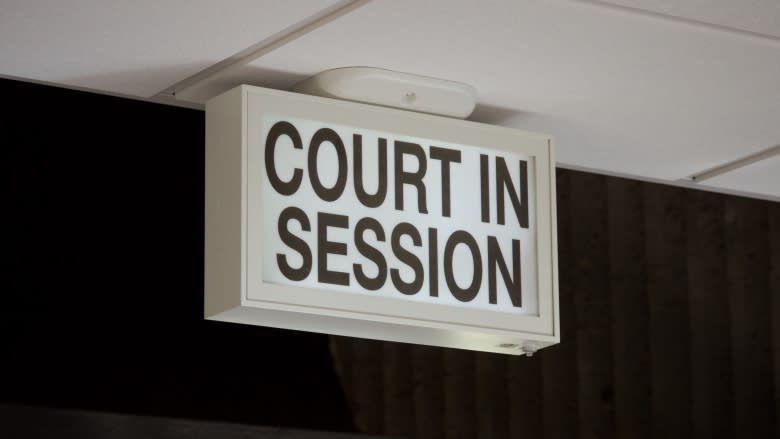Province's 'sins of thy father' approach blasted after family loses income assistance
A Nova Scotia mother says it's "just not right" that she and her three children were cut off of income assistance when her husband lost his benefits, and she's hoping an upcoming court case will protect other families in similar situations.
Brenton Sparks missed a mandatory meeting with a job search services counsellor in October 2015, after which the Department of Community Services cut off the family's income assistance for six weeks beginning Dec. 1, 2015.
Sparks unsuccessfully challenged the decision before the Assistance Appeal Board. The case is now set to be heard on May 31 at the Nova Scotia Court of Appeal.
Brenton Sparks's wife, Rosemary Sparks, said she and her children were "pretty stuck" after their income assistance was cut off.
Bills 'piling up'
"Our bills were piling up, our rent was falling behind, the food in the house was very little," she said. "We were just struggling with everything."
Sparks said they were able to borrow a bit of money from family members to get by, but now they are in debt. She described "a feeling of failing, worry," and "a lot of stress."
Sparks said her husband had a good reason for missing his appointment — one of their daughters was in hospital after being run over by a utility trailer.
His income assistance was cut off as a penalty and then reinstated after six weeks, she said. He is still looking for work.
'Sins of thy father' approach
Nova Scotia Legal Aid lawyer Vincent Calderhead, who will be representing Brenton Sparks at the Nova Scotia Court of Appeal, said it is "outrageous" that the system is set up in such a way that any dependents "have the rug pulled out from under them" if the so-called head of the family makes a mistake.
It's a very "old-style sins of thy father" approach, he said, where the spouse and children are also punished. "It effectively puts them right on the verge of homelessness," Calderhead said.
He said this case is not unique, and that he has spoken with clients caught in similar situations at least five times in the past 18 months.
Department responds
Heather Fairbairn, spokeswoman for the Department of Community Services, said in an email that she could not speak to this specific case.
But she did say income assistance benefits are intended to be combined with other forms of income, such as the Canada Child Benefit, the Nova Scotia Child Benefit, the Affordable Living Tax Credit, GST payments and income from employment.
Fairbairn added that the department can provide extra help "if an individual or family requires emergency assistance during a period of ineligibility."
Rules hurt women
Kim Stanton, legal director of the Women's Legal Education and Action Fund — which has been granted permission to intervene in the case — called the current interpretation of the rules "deeply unfair."
"Being so poor that you're on social assistance is already punishing," she said. "You shouldn't then be punished by that system for something that you haven't personally done."
Stanton said she considers this a "gendered" form of discrimination, because it can have "unnecessary discriminatory effects upon women and children."
In Nova Scotia, she said, the province makes the income assistance cheque out in one name as an "administrative convenience."
A better approach would be to mimic the rules in Ontario, she said, where they don't cut off the whole family when one person doesn't meet the requirements.



